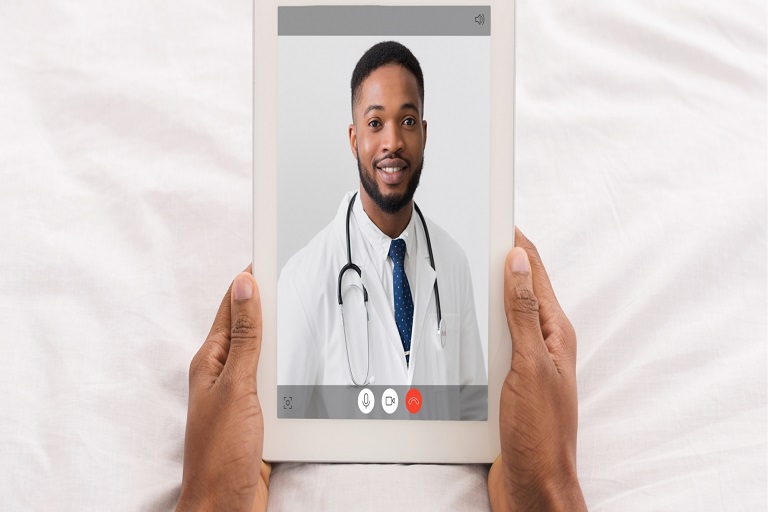U.S. Reps. G.K. Butterfield, D-North Carolina, and Glenn Thompson, R-Pa., introduced new legislation this week that would provide for permanent Medicare payments for telehealth services at federally qualified health centers and rural health clinics. The Helping Ensure Access to Local TeleHealth, or HEALTH Act, would require the Secretary of Health and Human Services to revise the Code of Federal Regulations to consider telehealth services from an eligible facility to be a “visit.”
“Access to telehealth has become more than just a convenience, but rather a critical necessity in America,” said Butterfield in a statement. “All patients, particularly our Medicare recipients, are in need of a solution to ensure access to telehealth services are free from undue barriers and restrictions.”
WHY IT MATTERS
The Centers for Medicare and Medicaid Services relaxed requirements around reimbursements early in the pandemic, contributing to the upswing in countrywide telehealth visits. Since then, multiple groups have pushed the agency to make such changes permanent. The HEALTH Act falls short of requests from interest groups to codify dozens of relaxed restrictions. With the legislation’s focus on Medicare, it aims to make telehealth accessible to seniors who could have trouble reaching a provider, as well as to those who receive care through federally qualified health centers.
“As a lifetime resident of rural Pennsylvania and having spent nearly three decades as a therapist and licensed nursing home administrator, I have been amazed at how telehealth services make life easier for rural and underserved communities – particularly older Americans,” said Thompson. “The HEALTH Act will cut red tape and provide community health centers and rural health clinics the ability to offer these vital services to their patients on a more permanent basis,” he said.
THE LARGER TREND
Other lawmakers have moved to protect access to telehealth in the long term. Earlier this month, Rep. Robin Kelly, D-Ill., introduced a bill that would mandate a study on the effects of telehealth, noting that data informs policy changes. The goal, she said, was to “see if we can make a case that the relaxed regulations [around telehealth] should become the new regulations.”
Kelly also noted telehealth’s potential to increase care among at-risk communities. Others, though, have pointed out that it can still leave marginalized groups behind. “Telehealth solutions need to be deployed in a culturally competent, equitable way to ensure they reach the communities that need the most support,” said David Smith, executive director of the Medicaid Transformation Project at AVIA.
ON THE RECORD
“Through the temporary telehealth changes thus far, community health center patients have been able to access primary care and behavioral health services while physically distancing to limit spread of coronavirus. However, patients and providers alike will benefit from permanent telehealth access even once the virus is under control,” said Chris Shank, CEO and president of the North Carolina Community Health Center Association, in a statement.
“Allowing patients to connect virtually to their health care provider removes significant barriers like transportation, which disproportionately affects patients with lower incomes and those living in rural communities. The HEALTH Act will reduce longstanding barriers to healthcare access by reducing red tape and providing sustainable reimbursement for telehealth services provided by community health centers,” Shank continued.






























